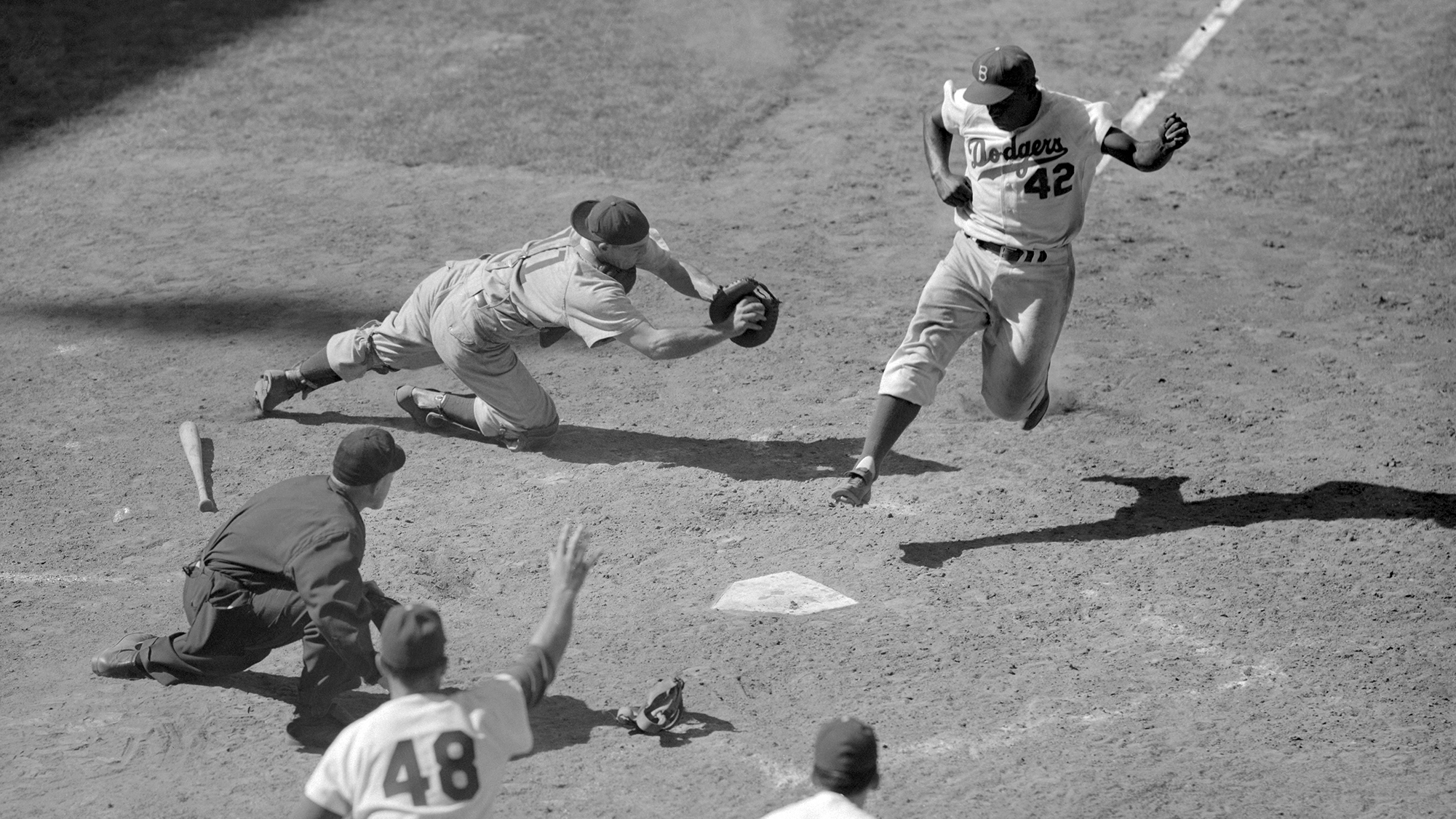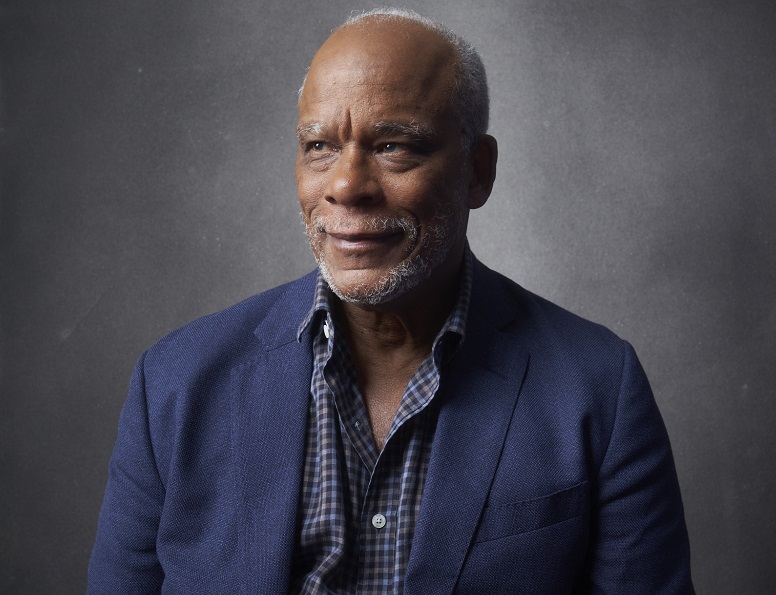What History Wants You to Know About Its ‘After Jackie’ Baseball Documentary
Exec producer Stanley Nelson says doc chronicles exploits of Black baseball players following Jackie Robinson

The smarter way to stay on top of the multichannel video marketplace. Sign up below.
You are now subscribed
Your newsletter sign-up was successful
History examines the lives and careers of Black Major League Baseball players arriving on the heels of Jackie Robinson’s historic integration of the league in a new documentary, After Jackie, debuting June 18.
The documentary looks at the often overlooked story of the second wave of Black baseball players entering the major leagues after Robinson broke the color barrier in 1947. Players such as Bill White, Curt Flood and Bob Gibson picked up where Robinson left off in challenging the league to move toward greater roster integration, as well as to advance the status of Black baseball players both on and off the field, according to History.
The documentary, executive produced by Emmy Award-winning producer Stanley Nelson along with LeBron James and Maverick Carter, features rare interviews with White and Gibson, as well as current and former baseball stars including Mookie Betts, CC Sabathia, Ken Griffey Jr., and Joe Torre.
In an edited Multichannel News interview with Nelson, here’s what he and History want you to know about After Jackie.
After Jackie looks at how Robinson’s integration of baseball often overshadowed Black players coming up behind him: "There's been a lot done on Jackie Robinson, but there really hasn't been anything done on the group of baseball players that came right after Jackie. As incredible as Jackie Robinson was and what he went through, the generation right behind Jackie didn't have the scrutiny, didn't have press following them and didn’t have that level of attention. So I thought it was a chance to make a film that really centers on something that most people don't think about."

Jackie Robinson both helped and hurt the Black baseball stars that followed him: "It made their breaking into baseball harder. Bill White told us a story about how he was in the minor leagues and he was the only Black person there, but he didn’t receive any attention and there weren’t any reporters following him …he was basically by himself. So in some aspects it made their lives hard. It was amazing that they persevered, but I think it also helped their careers both during their playing days and after baseball, as so many of them went on to do great things."
After Jackie reveals some surprising facts about Black baseball players both on and off the field: "One of the facts that really surprised me was that African-Americans were part of professional baseball in the 1890s, but they were voted out of the major leagues by the white players. So for the next 50 years there were no African-American players in professional baseball. Also, I don’t think I really understood how much Jackie was part of the civil rights movement after his playing days were over."
The smarter way to stay on top of the multichannel video marketplace. Sign up below.
After Jackie hopes to expose a new generation of baseball fans to the unheralded players who stepped to the plate after Robinson: "We’re looking at reaching both groups of fans. The trick to making a film like this is to appeal to people like myself who know a little bit about baseball, as well as people that don’t know anything about the story. We have some modern day African-American baseball stars including Mookie Betts, Ken Griffey Jr. and CC Sabathia that appeal to today’s baseball fans."■
Also: Byron Allen's HBCU Go Marks Juneteenth With Two Documentaries
R. Thomas Umstead serves as senior content producer, programming for Multichannel News, Broadcasting + Cable and Next TV. During his more than 30-year career as a print and online journalist, Umstead has written articles on a variety of subjects ranging from TV technology, marketing and sports production to content distribution and development. He has provided expert commentary on television issues and trends for such TV, print, radio and streaming outlets as Fox News, CNBC, the Today show, USA Today, The New York Times and National Public Radio. Umstead has also filmed, produced and edited more than 100 original video interviews, profiles and news reports featuring key cable television executives as well as entertainers and celebrity personalities.

